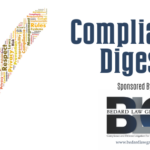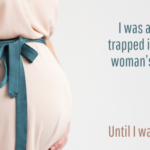A District Court judge in Illinois has denied a defendant’s motion for summary judgment in a Fair Credit Reporting Act case, determining that the defendant did not conduct a reasonable investigation into the plaintiff’s dispute because it did not actually read the dispute and look into what the plaintiff submitted.
A copy of the ruling in the case of Fickel v. Clearwater Credit Union et al can be accessed by clicking here.
The plaintiff fell behind on his credit card payments and the debt was placed with a collection agency. The plaintiff obtained a copy of his credit report and noticed that both the agency and the original creditor were reporting the delinquent debt to the credit reporting agencies. The plaintiff sent dispute letters to the three credit reporting agencies, indicating he was confused why the debt was being reported twice and to whom he should remit payment. Because of the alleged inaccuracies, the plaintiff was unable to obtain a mortgage, was denied an apartment, and developed an anxiety disorder that required medication.
The defendant produced two witnesses during discovery, one which testified that she verified the information being reported to the credit reporting agencies — such as the balance and account status — was accurate. A supervisor also testified that while the defendant understood that the plaintiff was alleging that the debt was being reported twice, it instead chose to focus its investigation into verifying the information in the plaintiff’s credit report matched the information in its internal system.
Noting that the Court of Appeals for the Seventh Circuit has yet to weigh in on whether double reporting a debt on a credit report constitutes a violation of the FCRA, other District Courts have found the whether the practice is misleading and violates the statute is an issue of fact. And, in this case, “an issue of fact exists as to whether the double reporting of Fickel’s debt with Clearwater left a misleading impression that he had two separate debts, totaling $22,000 instead of a single debt of approximately $10,000,” determined Judge Staci M. Yandle of the District Court for the Southern District of Illinois. Even though the dispute contained the word “duplicate,” the defendant never addressed the issue or requested a change to the plaintiff’s credit report. “A jury could reasonably conclude find that Clearwater’s investigation was inadequate under the FCRA,” Judge Yandle ruled. “And whether Clearwater’s investigation or protocol may qualify as a willful violation giving rise to statutory or punitive damages is an issue for a jury as well.”









